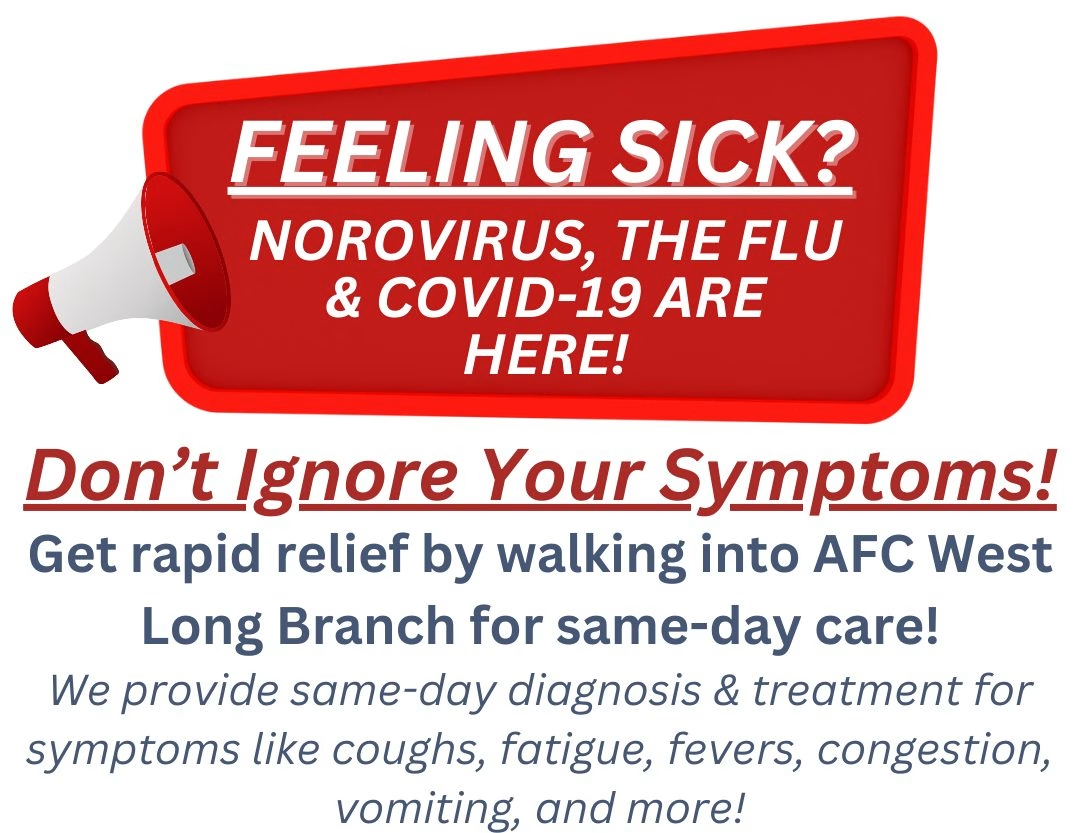Many people have seasonal asthma and don't know how to treat it. It has multiple triggers that can impact your health and worsen the allergic attack. Various bacteria, pollen, and viruses can cause it. Regardless of what causes your seasonal asthma, it is important to get it diagnosed and treated timely. Visiting an urgent care center is the right way to keep the symptoms from worsening and receive instant medical assistance.
Keep scrolling to learn more about seasonal asthma, its symptoms, and its primary causes.
What Seasonal Asthma
Seasonal asthma, also known as allergy-induced asthma, is triggered by exposure to certain allergens, such as pollen, mold spores, and dust mites, during certain times of the year, such as spring or fall.
When a person with seasonal asthma inhales these allergens, their airways become inflamed, and their muscles tighten, making breathing difficult. Seasonal asthma symptoms can include wheezing, coughing, shortness of breath, and chest tightness.
Primary Causes of Seasonal Asthma
As said above, exposure to allergens is one of the major causes of seasonal asthma. These allergens are typically present in the atmosphere during specific times of the year. Some of the most common causes that trigger seasonal asthma include:
Pollen
Pollen from trees, grasses, and weeds is a common trigger of seasonal asthma. Pollen levels tend to be highest in the spring and fall.
Mold
Mold spores can trigger asthma symptoms in some people. Mold is commonly found in damp and humid environments, such as bathrooms, basements, and kitchens.
Dust Mites
Dust mites are tiny insects that live in bedding, carpets, and upholstered furniture. They are a common trigger of asthma symptoms and can be more prevalent in the fall and winter when homes are closed up and heated.
Pet Dander
Pet dander, the flakes of skin that animals shed, can trigger asthma symptoms in some people. It can be especially problematic during shedding season when pets shed more.
Air Pollution
Exposure to air pollution, such as ozone and particulate matter, can also trigger asthma symptoms, particularly during high air pollution.
Identifying your specific triggers and avoiding them as much as possible is important. This may involve staying indoors during high pollen or air pollution days, using air filters or purifiers, or taking medications as your doctor prescribes to manage your symptoms.
Summing Up
With proper diagnosis and treatment, you can manage seasonal asthma symptoms and lead normal, healthy lives. You can always visit your nearest urgent care center to get the treatment that suits you the best.

